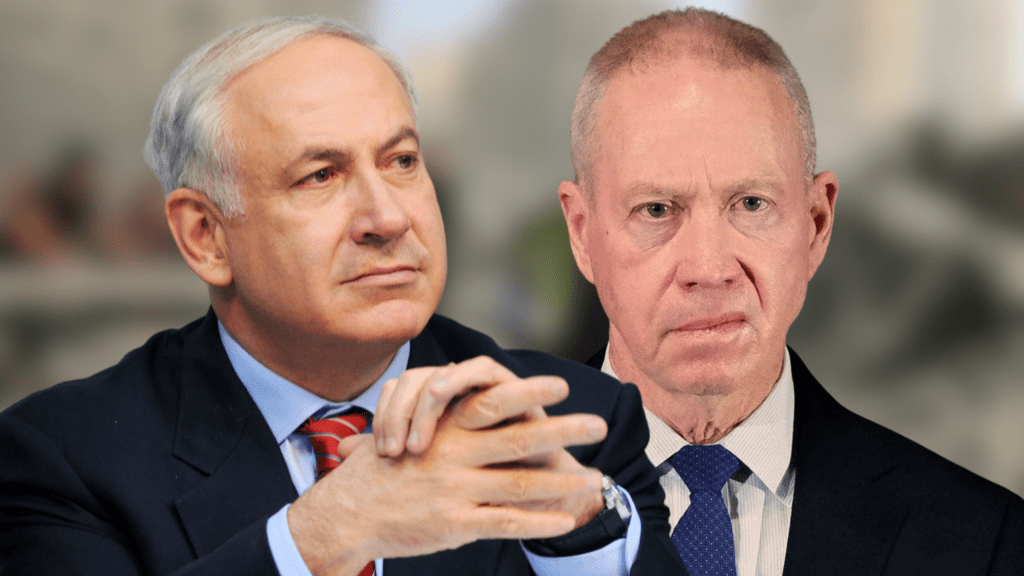
Judges at the International Criminal Court (ICC) have issued arrest warrants for Israeli Prime Minister Benjamin Netanyahu, former Defense Minister Yoav Gallant, and Hamas military commander Mohammed Deif. The ICC stated that it has reasonable grounds to believe these individuals are responsible for war crimes and crimes against humanity during the ongoing conflict between Israel and Hamas.
The ICC’s decision came after a pre-trial chamber rejected Israel’s objections to the court’s authority. Netanyahu called the ICC’s ruling “antisemitic,” while Hamas claimed that the warrants against Netanyahu and Gallant set an important historical precedent. However, the impact of these warrants depends on whether the 124 member states of the ICC, which do not include Israel or the United States, decide to enforce them. The U.S. government has rejected the ICC’s decision, while some European nations have expressed their respect for the court.
The ICC can prosecute individuals accused of serious crimes like genocide and war crimes if the alleged offenses occurred in member states. Although Israel disputes the ICC’s jurisdiction, the court ruled in 2021 that it has authority over the occupied Palestinian territories since the UN recognized the Palestinians as a member.
The charges against Netanyahu, Gallant, and Deif stem from the violence that erupted on October 7, 2023, when Hamas attacked southern Israel, killing about 1,200 people and taking hostages. In response, Israel launched a military campaign that has reportedly killed over 44,000 people in Gaza, according to Hamas-run health officials.
For Deif, the ICC found reasonable grounds to believe he was involved in serious crimes, including murder and torture, as part of a coordinated attack against civilians in Israel. Netanyahu and Gallant were found to likely share responsibility for crimes including starvation as a method of warfare and targeting civilians.
Despite the warrants, there is no immediate threat of arrest for Netanyahu or Gallant, but traveling to ICC member countries could pose legal complications for them. If either were to enter a member state, that country would be obligated to arrest them. Some EU countries, like Italy and the Netherlands, have stated they would act on the warrants, while others have promised to comply with ICC rules without specific commitments.
Netanyahu described the ICC’s decision as a dark day, claiming it undermines Israel’s right to defend itself. Meanwhile, Hamas welcomed the decision against Israeli leaders as a significant step toward justice for their people. The Palestinian Authority expressed hope that the ICC’s actions would lead to accountability for Israeli leaders.
Overall, the situation remains complex, and the future implications of these warrants depend on various geopolitical factors and the willingness of ICC member states to enforce them.



